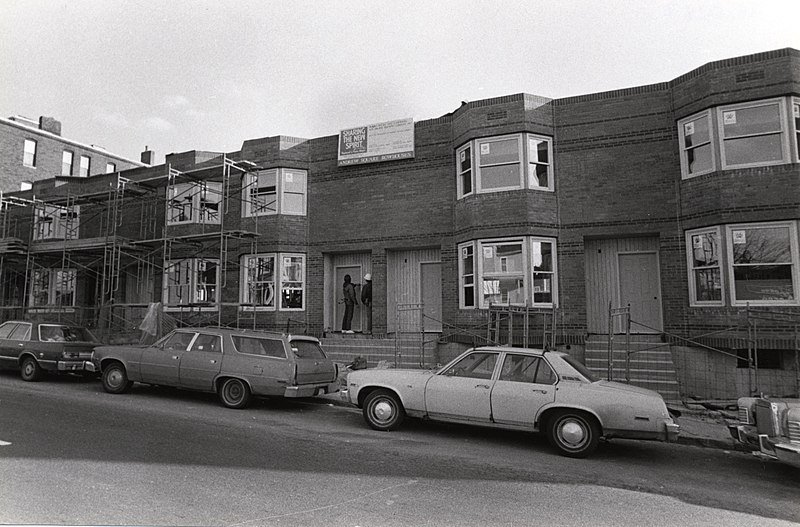60.3
Celebrating Sixty Years of Urban Affairs Review: Elinor Ostrom and the Debates Over Municipal Fragmentation
Christina Greer (Fordham University)
Timothy Weaver (University at Albany)
The Social Stratification-Government Inequality Thesis Explored
Elinor Ostrom (Indiana University)
Innovation Districts: Assessing their Potential as a Strategy for Urban Economic Development
Joshua Drucker, Carla Maria Kayanan
Can city deals improve economic performance? Evidence from England
Jose M. M. Alonso, Rhys Andrews
Wonhyung Lee, Lindsey Disney
Sîan Mughan, Dallin Overstreet
Marta Rodrigues Rodrigues Neves, Sara Rodrigues Rodrigues Neves
Rising Tides or Political Ripcurrents? Gentrification and Minority Representation in 166 Cities
Diana Da In Da In Lee, Yamil Velez
Whose Neighborhood Needs? Assessing the Social Equity Implications of City-Level CDBG Allocations
Eric Stokan, Michael Overton, Aaron Deslatte, Christine Zhang
Maura Fennelly
Experiences of policing in gentrifying neighborhoods: evidence from Chicago
Matthew David David Nelsen, Kumar Ramanathan, Thomas Ogorzalek
Research Notes
Rachel Krause, S. Mohsen Fatemi, Le Anh Nguyen Long, Gwen Arnold, Sarah L. L. Hofmeyer
Erratum
Erratum to Inaccuracies in Low Income Housing Geocodes: When and Why They Matter
Bharti Koul
Images courtesy of the Library of Congress and the Boston City Archives.

